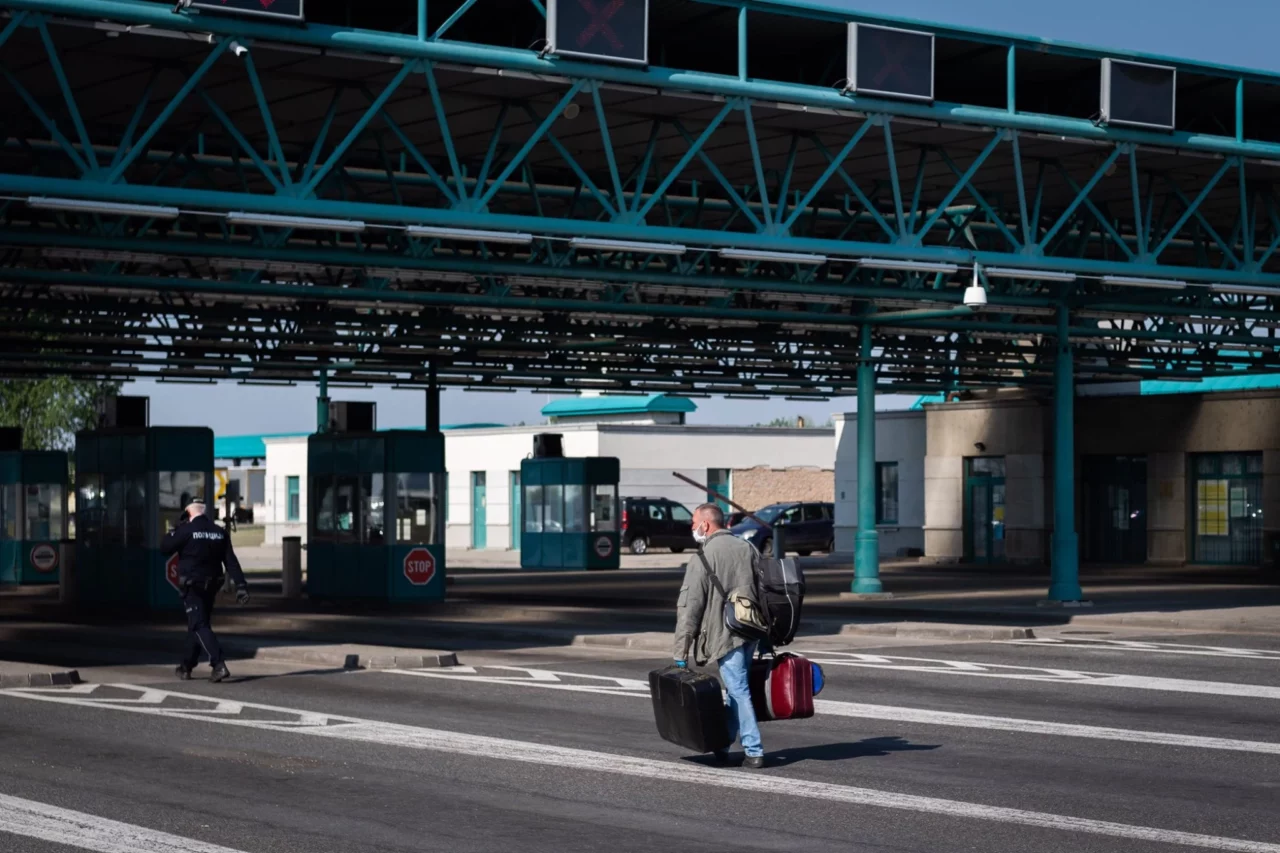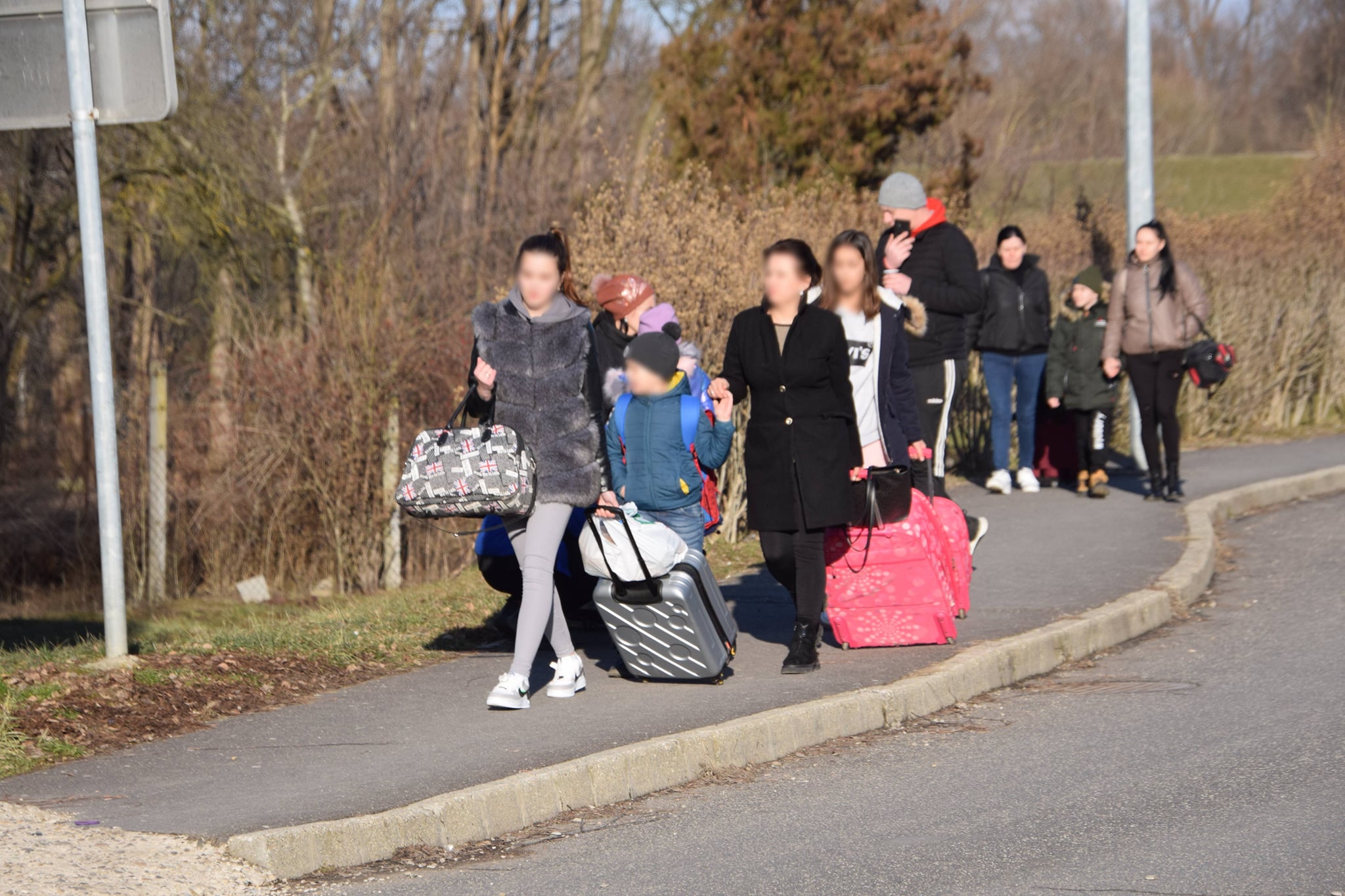Hungary, Serbia to upgrade border crossings

Péter Szijjártó, the minister of foreign affairs and trade, on Wednesday attended a meeting of the Hungarian-Serbian economic committee in Budapest, and said afterwards that calls of Hungary’s leftist politicians to terminate the upgrade of the Paks nuclear power plant and to stop gas deliveries were “irresponsible”.
“We cannot allow that Hungarians pay the price of war,” he said. Such steps would put secure energy supplies, one of the most important pillars of Hungary’s security, at risk, he said. “I would like to make it clear that without gas deliveries, there will be no heating in Hungary, industry will grind to a halt … without the nuclear plant construction in Hungary, the achievements of the government’s utility price cut scheme couldn’t be maintained, and energy prices would skyrocket,” he said.
Szijjártó called the Austrian and Hungarian branches of Sberbank, which ended operations on Tuesday and Wednesday, respectively, “the first victims of the European Union’s policy of sanctions”.
He called bilateral cooperation with Serbia an important factor in Hungary’s economic and energy supply security. Bilateral trade jumped 45 percent last year to reach a record 4 billion euros, he said. Meanwhile, Serbia’s GDP grew by 7.5 percent last year, with significant contributions from Hungarian oil and gas company MOL and the OTP Bank, Szijjarto added.
Hungary has also kept up its economic development scheme in Vojvodina, Serbia’s northernmost region with a large ethnic Hungarian population.
The Hungarian government has so far supported 14,741 local companies with a total of 61 billion forints (EUR 164.5m), facilitating investments worth a total of 123 billion forints, he said.
Szijjártó pledged to continue that programme, should both incumbent governments retain power in the respective upcoming elections. Szijjártó and Andelka Atanaskovic, Serbia’s economy minister, agreed to upgrade the border crossings at Röszke and Tompa to facilitate traffic between the two countries, as well as allow cargo transport at the Hercegszántó border crossing station.
At a Hungarian-Serbian Business Forum held after the meeting, deputy state secretary Istvan Joo said the two countries’ ties were based on mutual respect, and on “Serbia’s recognition that the Hungarian minority is an asset to the country’s development.” Hungary is the most vocal advocate for Serbia’s EU integration, Joo said. “Our friendship and developing our economic ties is especially valuable now,” he said.
Source: MTI


